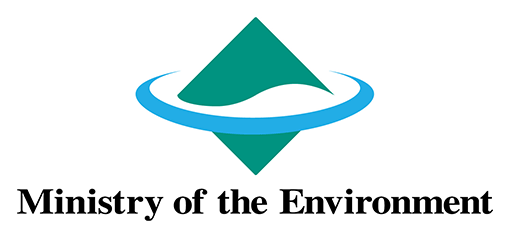With over 30,000 plant specimen citations in the Flora of Pakistan, several active plant taxonomists and 18 registered herbaria, the country has a wealth of floristic activity. However, Pakistan is poorly represented in GBIF, with most specimen records coming from the northern mountain regions and none from the extensive and existing herbarium collections. The project will focus on publishing data from the southern provinces while adding to the existing information for the northern regions.
This project aims to activate the mobilization of plant data from herbaria across Pakistan. Utilizing OpenHerbarium.org, data will be mobilised from existing specimens in herbaria with immediate attention on collections from ISL (Quaid-i-Azam University), University of Swat and the University of Balochistan. Alongside data digitization efforts, the project sets out to convince data holders of the value of accessible georeferenced data. The project will communicate potential impacts to taxonomic projects and promote greater knowledge-sharing amongst researchers, students and other data users. Combined efforts will result in more taxonomically and geographically comprehensive occurrence data for plant species in Pakistan.
Project Progress
The project team have developed a spreadsheet which will be used to facilitate data capture and geo-referencing. In addition, a Data Capture Workshop was held with the intention to introduced data mobilization and capture tools to herbariums outside of those included in the project. The project has identified numerous impediments to mobilizing occurrence data and the team are now taking steps to accelerate data capture. An offline database for data capture is being developed in conjunction with Utah State University which will allow for data capture, validation and export without the need for a browser-based tool. The data capture portion has been developed and it is anticipated that label printing and data validation will be added towards the end of 2018 once it has been tested by users in Pakistan and the US. The preparation of a data paper on the Flora of Pakistan has begun. A workshop on the value of engaging in data mobilization for individuals and collection is being prepared bringing together those involved in herbarium management and is to be held at the University of Sindh Jamshoro.
There has been a progess with mobilizing record from Pakistani herbaria and data sharing is now a concept that most Pakistani botanist aware of. Some botanist are skeptical of the its value due to slow and poor internet access. Young berbaria and botanist like the digitalization of scientific data.
The project, and associated activities, have contributed to the discussion on the need of better floristic research in Pakistan. The research should include georeferenced specimens records as well as resources for understanding the terms used in keys and more.
Keys has been updated on KeyBase and now 395 keys are online, and in the future more pages should be updated.
Data and collections from Pakistan are now easier to locate on OpenHerbarium.org hoping it will increase the visibility of Pakistani data for Pakistani students and for the public.


